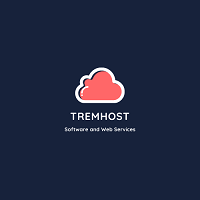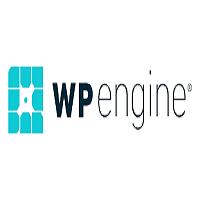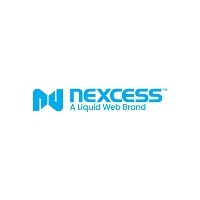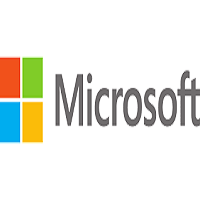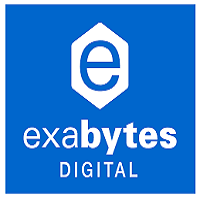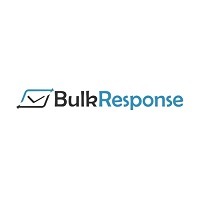eCommerce Platforms
An eCommerce platform is a comprehensive piece of software that enables online businesses to run their operations. This category of services includes customer service infrastructure, accounting and inventory management systems, and builders of eCommerce websites. By choosing the right platform, you can effectively grow your business and optimize your operation by using technology to its fullest potential.
A fully functional online store where clients may buy your goods and services is what an eCommerce platform is there for.
Software-as-a-service (SaaS), platform-as-a-service (PaaS), and on-premises platforms are the three primary categories of e-commerce platforms. Both SaaS and PaaS systems use the internet to supply e-commerce solutions. SaaS platforms simply entail software, like Shopify. They are referred to as PaaS platforms whenever they have a hardware component as well.
Instead of being set up by another provider and accessed through the cloud, on-premise e-commerce systems are hosted locally by the retailer and maintained by their IT personnel. The greatest solutions for smaller businesses or businesses just getting started with e-commerce are SaaS and PaaS. Although they typically charge a monthly fee to use the site in addition to transaction costs on each purchase, they do provide professional setup and support.
An organisation can have more control over its online store and develop a unique storefront solution using on-premise systems.
Shopify, BigCommerce, Magento, WooCommerce, Wix, Big Cartel, Squarespace, Salesforce Commerce Cloud, and Volusion are some of the top e-commerce systems available right now. While Magento and BigCommerce are more suited for larger businesses with huge order volumes, platforms like Shopify, and WooCommerce – a free WordPress plugin — are preferable for small businesses that require something simple to get them up and running. While other systems have more complicated back ends, website builders or Wix provide drag-and-drop templates that are simple for shops without much coding skills.
The ability to search the shop is one of the features that e-commerce software needs to have so that customers can find products. Every e-commerce site ought to feature a shopping cart where customers, or other interested parties, can store and browse their desired products before continuing to the payment process. An e-commerce platform must have a payment gateway in order for users to purchase goods because that is what the site’s main function is. A basic e-commerce platform can be created by combining these three functions in whatever way you like: search, cart, and payment.
An e-commerce platform can have features like a database to keep transaction details, inventory management to track the available goods, as well as these three fundamental functions.
A platform might also have integrations for expanding into new channels and security measures. Before selecting an e-commerce platform, a firm should think about which characteristics would assist them to achieve its goals since the features vary from platform to platform.









